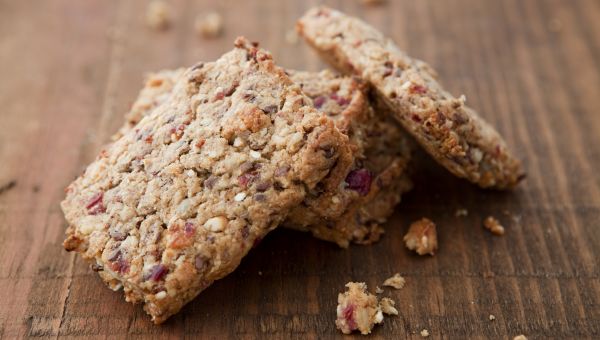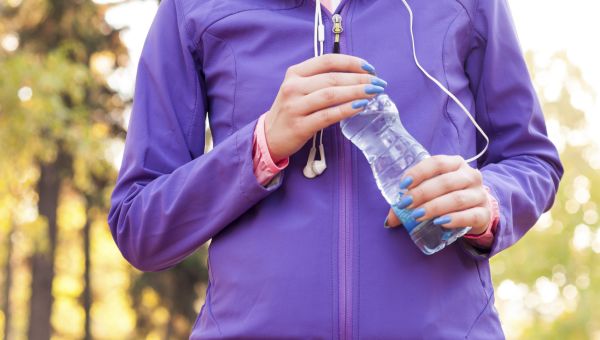4 health habits you can take too far
Turns out, you really can have too much of a good thing.

Sure, you may think that getting a few extra hours of sleep is a good thing. But did you know that getting extra shut-eye may actually signal an underlying health condition?
Click through to learn what family practitioner Kerry Eley, MD, of Chippenham Hospital and John Randolph Medical Center in Virginia has to say about this and other seemingly healthy habits that could be sabotaging your health.

Packing in Protein Bars
If you need a little snack to push through your workout, you may grab a protein bar without much thought. It may seem like a healthy snack, but some brands actually have as much sugar as your favorite candy bar.
Before you refuel with a protein bar, check the nutrition label: Look for bars with at least 10 grams of protein, less than 15 grams of sugar, less than 4 grams of fat and no more than 350 calories. Other easy, protein-packed snacks include string cheese, a handful of nuts, a spoonful of peanut butter on an apple or a cup of Greek yogurt.
“I keep 100-calorie packs of almonds around to snack on,” says Dr. Eley.

Making Up for Lost ZZZ’s
Did you know that getting too much sleep could be as harmful as getting too little sleep? A study published in the journal Sleep found that adults who slept more than eight hours a night had a greater mortality risk than those who slept less than six hours. What the study most likely demonstrates, though, is that those who sleep too much may have an underlying health problem. Too much sleep may be a sign of depression, sleep apnea or thyroid problems, Eley explains.
It’s also unhealthy to try to “catch up” on lost sleep. “Recent studies show that staying up late all week and trying to catch up on sleep over the weekend could increase the risk of metabolic diseases,” Eley warns.

Drinking Too Much Water
Believe it or not, there is such a thing as drinking too much water—especially if you’re a triathlete or marathoner. Water cannot replace the electrolytes lost when you sweat a lot, says Eley. In fact, drinking too much water after heavy sweating could cause your sodium levels to bottom out, which may lead to brain swelling, seizures and even a coma. “That’s why runners and marathoners should consume sports drinks with electrolytes,” she says.
But you don’t want to overdo sports drinks, either. The best rule of thumb, regardless of what you drink, is to drink only when you’re thirsty.

‘Drinking to That’ Too Often
While some studies do suggest some health benefits associated with drinking red wine, the American Heart Association by no means recommends increasing alcohol consumption to lower your risk of heart disease. If you find yourself at a happy hour, drink in moderation. The AHA recommends limiting intake to an average of one to two drinks a day for men and one drink a day for women (one drink equals about 12 oz of beer and 4 oz of wine).
Drinking any more than this on a regular basis could increase your risk of diabetes, hypertension, heart disease and cancer. “And people who binge drink have a much higher risk of stroke, arrhythmias and sudden death," Eley adds.
More On


video

article

slideshow


video


video
